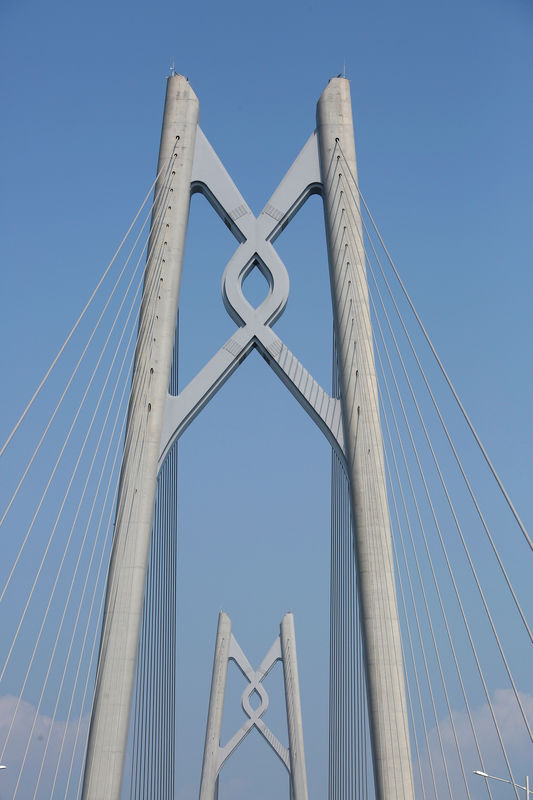By Philip Blenkinsop
BRUSSELS (Reuters) - The European Union will impose limits on steel coming into the bloc from Saturday in response to U.S. President Donald Trump's metals tariffs, a filing in the European Union's official journal said on Friday.
Steel imports will be subject to quotas to counter the concerns of EU producers who say Europe could be flooded with steel that is no longer being imported into the United States.
There will be specific limits for major exporting countries and the quotas will apply for three-month periods in order to limit stockpiling. The main exporters of steel to the EU are China, India, Russia, South Korea, Turkey and Ukraine.
The measures concern 26 steel product categories, with quotas set at the average of imports over the period 2015-2017, plus 5 percent. Once these quotas are filled, 25 percent tariffs apply. They will replace provisional measures imposed in July.
The new measures should remain in place for up to three years, but can be reviewed in case of changed circumstances. The quotas should also rise by 5 percent from July 1, 2019, and again by the same amount a year later, subject to reviews, the Commission said.
Steel group Eurofer, whose members include world number one ArcelorMittal and Germany's ThyssenKrupp, said safeguards were completely justified given the diversion of steel to the EU market.
However, it questioned why the quota was set at 5 percent above 2015-2017 levels, saying 2016 and 2017 had been record years for imports, with a further 12 percent year-on-year rise in imports in 2018. The Commission should take account of actual market conditions during the first review, it said.
European auto manufacturers association ACEA has called the measures protectionist.
The Commission, which conducted an investigation, said import volumes into the EU increased significantly from March 2018, when the United States imposed tariffs of 25 percent on imports of steel and 10 percent on aluminium. It extended these measures to the European Union in June.
The EU will exclude some developing nations, South Africa and the countries of the European Economic Area, notably Norway, from its quotas.
However, Switzerland, which is home to steel company Schmolz & Bickenbach, will be included despite its close ties to the bloc.

Switzerland said country-specific quotas should at least prevent a repeat of the situation in December, when global quotas were filled, forcing some Swiss firms to halt deliveries to Europe. But it is still pushing for an exemption.